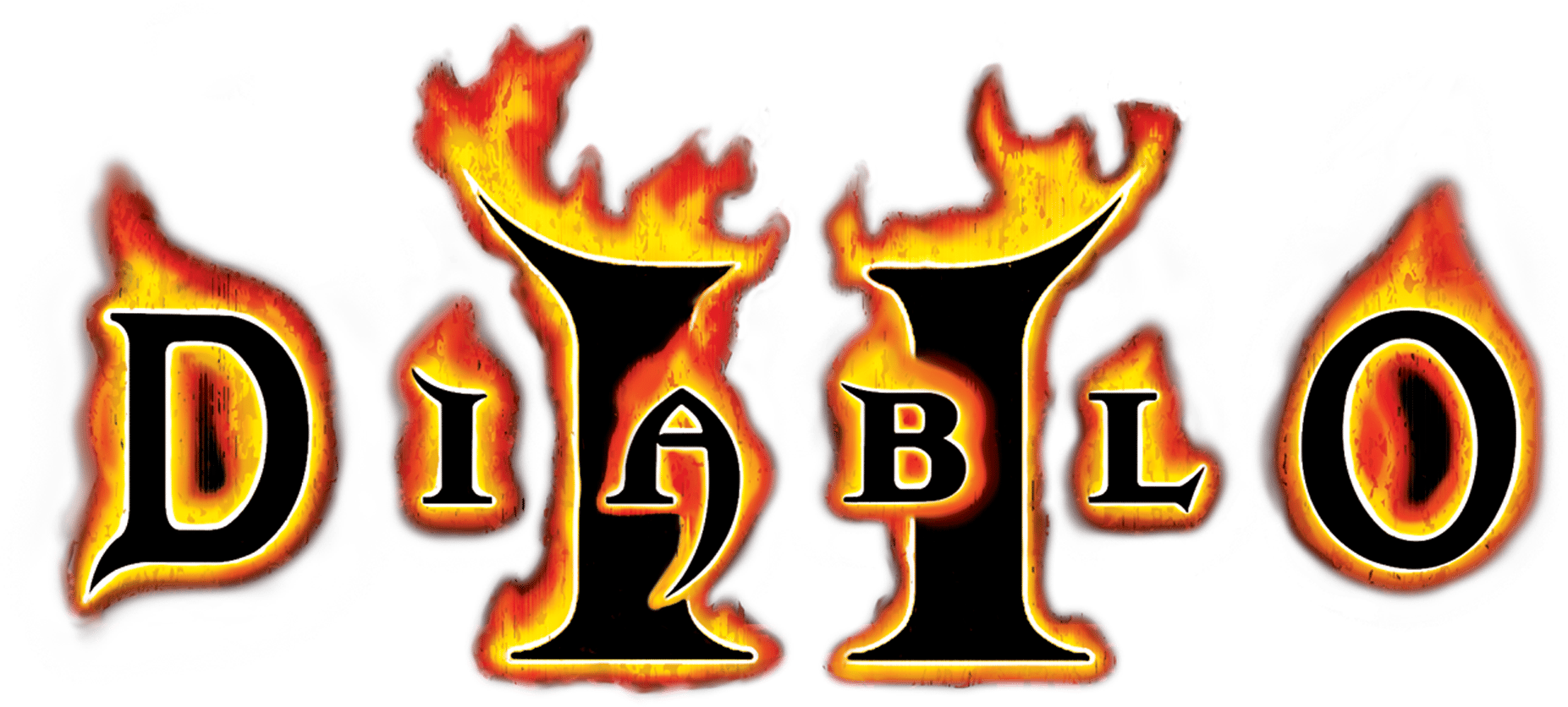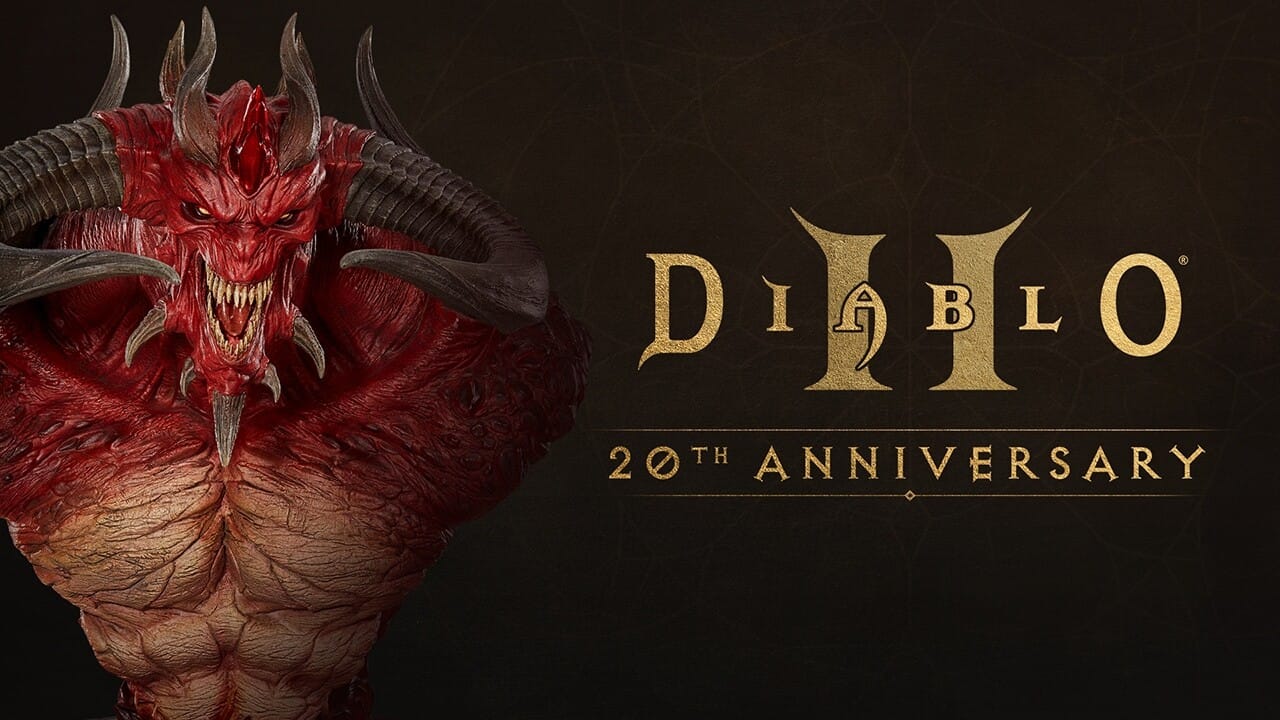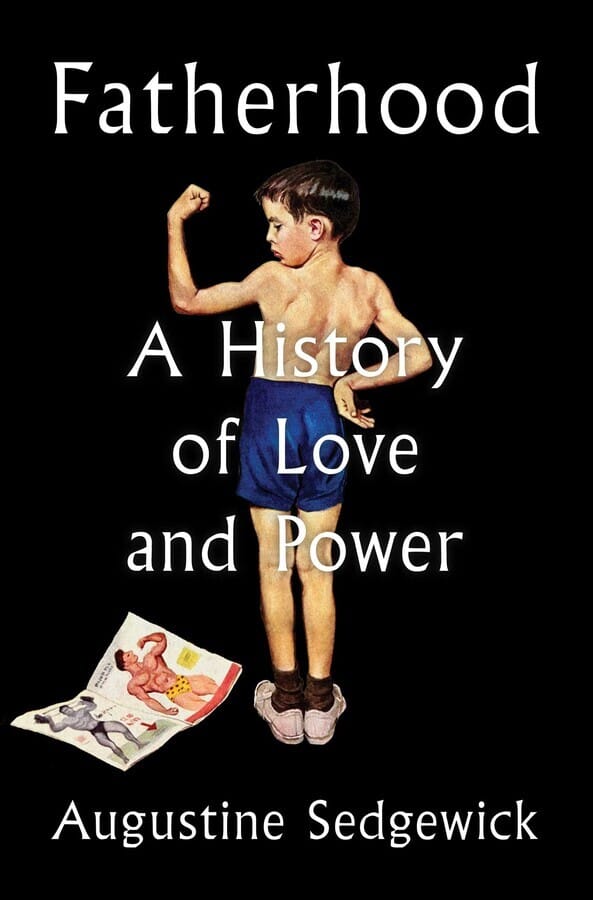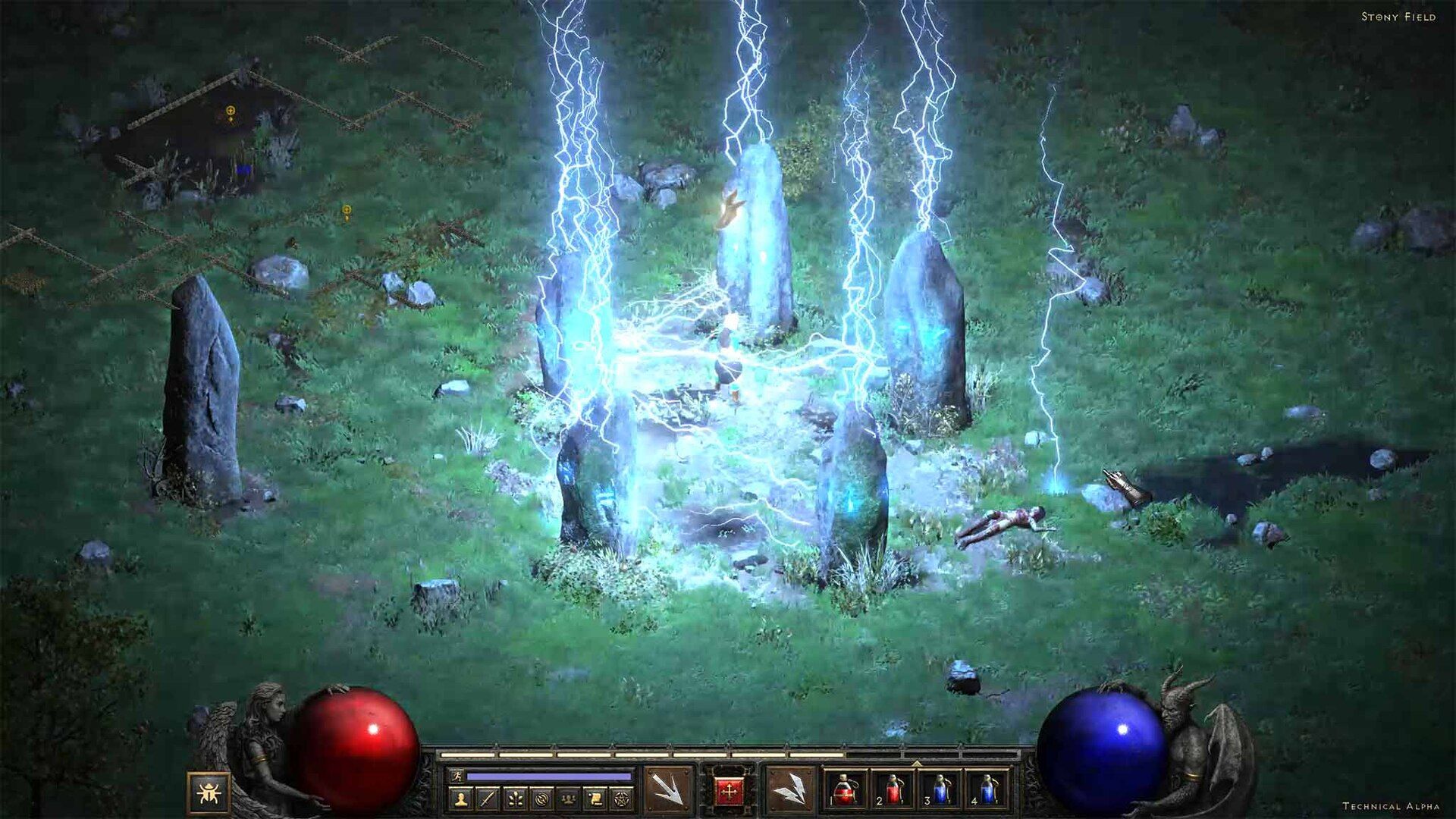- Adam from Two Second Street
- Posts
- Evolving Through Nostalgia
Evolving Through Nostalgia
Or, I'm clearly seeing myself changing
Nostalgia can be good, but you often run the risk of revisiting something you once loved only to realize that it kind of sucks now, that your present self isn’t so into it anymore, and that the honeyed vision of retrospect made you remember a feeling of engagement with that thing instead of what the thing actually was. I got to put that nostalgia to the test with an old game I used to play on the regular recently, Diablo II.
Main Story: Diablo 2 Showed Me How Much I’ve Changed
Back in the before times of 2001, I had a Macintosh computer. This is back before Apple was trendy, important, or common in the computing space. As such, getting any software for Mac OS was a big struggle, particularly with games. PC gaming was for PCs, and that almost universally meant Windows. Very few companies published for Mac, but when you found one, that pretty much dictated what games you were going to play.
Blizzard was one of those trailblazers. Bungie was another, but this was the pre-Halo years, so they were making a big variety of games, like Myth (another banger I really liked). Blizzard had three things you could play: Warcraft, Starcraft, and Diablo.

Classic D2 goodness
My friend group at the time were some real try-hards, with tons of problematic and, in retrospect, deeply concerning behaviors and views. As such, to maintain their edgy… edge, they were all about Diablo and its hardcore, demonic, bloody gameplay (That gameplay would seem tame, even mild by today’s standards, which is wild to think about). It’s also important to note that they were PC gamers, so to know that the game was not only available for Mac as well, but that I’d have a small community to play with, I was very eager to dive in.
A bit of convincing for my mom allowed me to step into Diablo’s world, the world of Sanctuary, with the brand-new release of Diablo II: The uncontested best game in the series by many fans.
A game changes throughout its lifecycle, to be sure, so the way you play can drastically change. As a young tween, pudgy and addicted to AOL Messenger, I tried my best to build good characters. I managed to get through the game, the expansion that eventually came out, and even through the end game, which is all the super challenging stuff they tack on for you to do once you have finished the story.

Well hot damn
Fast-forward 20 years later, and here I am, at home one night, browsing the Playstation Store, when I see that the Diablo II: Resurrected re-release was on sale for 14 USD. Now, I don’t want to give money to Blizzard. They’ve changed drastically from the scrappy band of nerds I knew them to be in the early 2000s into a monolith of really shitty behavior and business practices. As such, giving them money is to be avoided. Paying a fraction of full-retail gave me a bit of solace, since you can only get this game via digital release, which is disappointing to a physical-copy guy like myself.
But playing through again, I found myself looking at the game with fresh eyes. Yes, there were many changes and quality-of-life updates, but I noticed things and started playing differently than I did when I was younger. I used systems I had never touched before more often, with great results. I was able to beat the entire game by myself, without having to find a full room of people to help me survive through the game. I was understanding how to find rare items more easily, how to use more of the tools at my disposal, and how to prepare for further challenges as the difficulty ramped up.
I played as my favorite character type, an Amazon with a bow, and I really noticed how much… better I was at staying alive, pumping out damage, and progressing through the game. The skills I pick from my skill tree have weight: I understand synergies more and I’m able to keep pace with the challenges the game throws at me. It felt meditative, like I was entering a flow state I wasn’t really able to 20 years ago. It may sound silly, but by revisiting this game from my teenage years and recognizing the differences in my play style and tactics, it really brought into focus how my entire skillset and approach to gaming has been sharpened over the years. It felt very satisfying, because it’s sometimes so hard to see any measurable or appreciable progress when you’re doing something.
Granted, I had a 20 year gap to compare the differences, but that amount of time has felt like it’s passed in the blink of an eye.
Now we move from the world of Sanctuary to my PhD proposal process. Stay with me here.
I’ve always been very worried and stressed about having things wrong in my writing: It’s gotten to the point where I have dozens of sources for writing posts or blogs or academic papers just to cover my bases. This usually results in a bit of a jumbled mess: I’m worried too much about having all the right answers instead of making something and getting it out there for others to review. That makes it harder to change and see changes within my own craft, to say the least. It can be very debilitating because academia can seem very unforgiving at times: It feeds into the fear of failure and incorrectness beaten into me via education, online discourse, and professional spaces.
When my proposal helper (…future advisor…?) sends me feedback, it’s usually pretty straightforward: This sentence is unclear, I don’t understand the connection here please explain, this has been done before - think of a different way to approach it, etc. She is Russian, so keep that in mind when evaluating the straightforwardness. For some people, this could be a pretty big blow to the ol’ ego. It’s hard to divorce yourself from your work. I’ve gotten better about this over the years, but sometimes I still get disappointed because what I thought was OK turned out to still have problems even after multiple drafts. It is highly satisfying, though, when she makes comments like “Yeah, this is clear and I get this.” It means I’m getting better. It means I’m not aimlessly or dogmatically sticking to specific skills in my own skill tree, but instead, I’m seeing different ways to play the game that’ll make it more fun or interesting for me.
With my proposal, I've only been working on it off and on for six months, but I can already start to see myself growing and improving. Hell, six months ago I couldn’t explain to you Log Likelihood, Log-Ratio, or BIC Scores, but now I can! And I understand how they help me make sense of the data I’ll be working with. Not too shabby!
It’s a grind and there is still a chance it won’t work out the way I thought. But! I’m trying, I’m working through it, and I’m getting better in a way I can see, and even though I can get sensitive at times, it is making me a better thinker, writer, and communicator.
Good Thing: Freshly-Cut Grass
We have a large patch of free-range grass and weeds on campus here, a possible lot reserved for future expansion, that routinely overgrows. I’m talking waist-high grass and weeds. They cut it maybe once or twice a semester, usually around the summertime, as that’s when it grows the most. Well, this past Monday was the day they chose to cut it and it was glorious.

Hell yeah, brother!
I was very tempted to roll around in the grass, throw it around, give it a whiff. I mean, I can’t do much more to make people think I’m weird here.
I love the smell, first and foremost. It reminds me of when I was young and asked my dad to teach me how to cut the grass with the rider mower, and how he would constantly chant “follow your line” so I knew where to navigate the mower. It always felt great to do: I’d check the oil and gas, roll it out, and ride around our empty lots to trim them down. The only scent missing from the university grass cutting is the constant smell of burning gasoline being shot directly into my face. Memories!
Miscellaneous Media

I’ve been reading a book on fatherhood, recommended to me by my wife: Fatherhood: A History of Love and Power by Augustine Sedgewick. It looks at how the roles of fathers and the philosophy of fatherhood have changed over time, organizing itself by specific thinkers, politicians, and writers who helped to popularize or explain models of fatherhood for their time(s). All of this leads to a clearer understanding of how our modern notions of fatherhood came to be.
One thing I noticed quite a bit about the stories in this book is the transformation of fathers after the loss of a child. An alarming number of the men highlighted in the book lost children, be they sons or daughters. Emerson lost his son Waldo, Henry VIII lost his bastard son Henry Fitzroy, and Darwin lost his daughter Annie. It’s a stark reminder of how uncertain life was not so long ago, when longevity and safety was not guaranteed. I’m only about 2/3 of the way through the book, but it’s been a real pleasure to read through the historical contexts and to see how these figures extolled about fatherhood and how each person brought in or exemplified the changes and nuances of fatherhood in their time. I highly recommend taking a peek!
